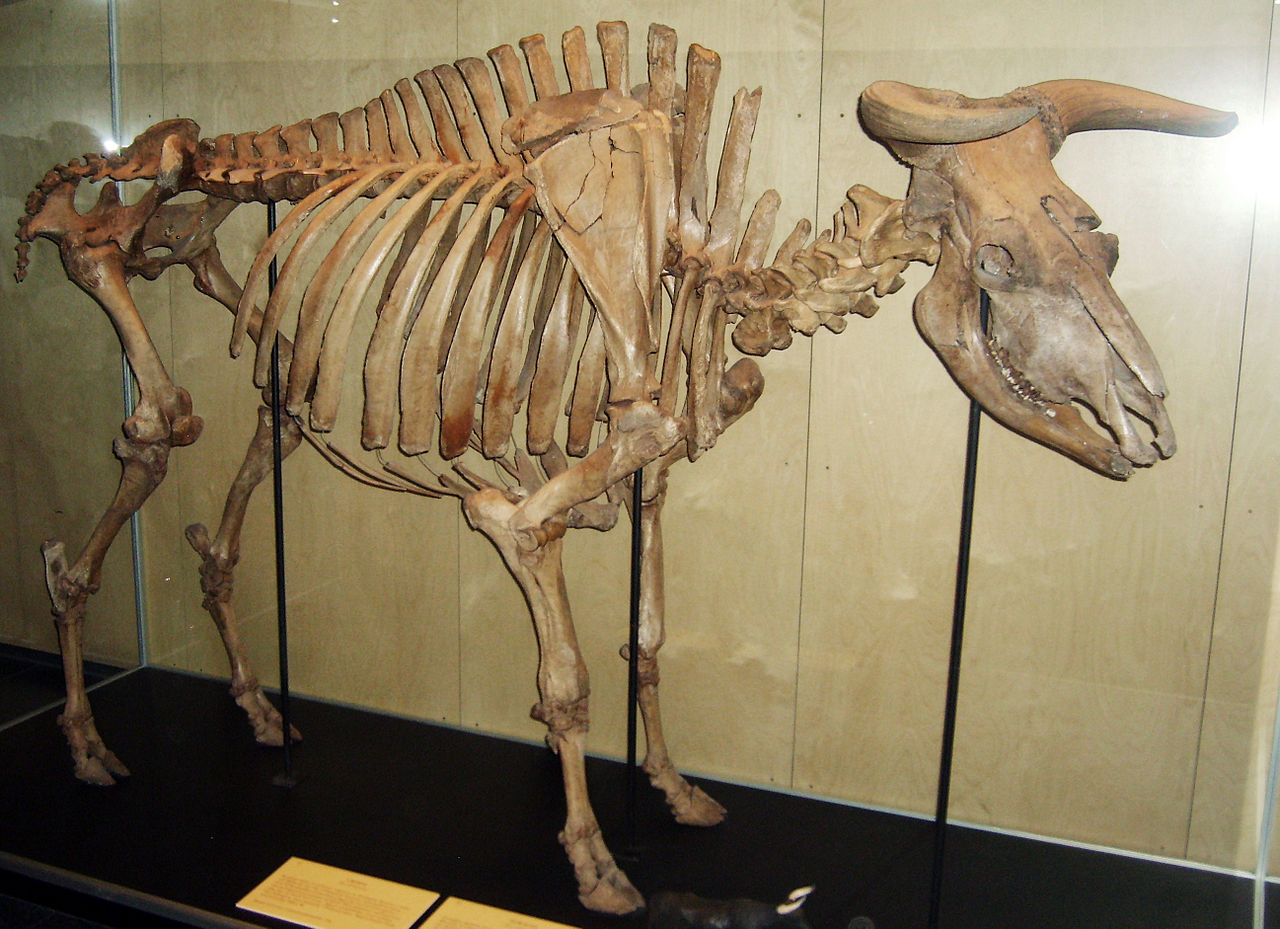The extinction of an entire species is always a tragedy, but it is worse when the species in question had a major contribution to the health and balance of an ecosystem. As a result, The Long Now Foundation has been working on a de-extinction initiative with plans to revive several helpful species that have died out. The group recently released a list of eleven species that scientists want to bring back from the dead.
As Futurism notes, it’s almost too easy to see the foundation’s project as an act of “playing God” since it is about bringing several dead species back to life. However, this is an entirely philosophical argument that pales in comparison to the reasons for bringing them back in the first place. The de-extinction initiative is not simply for the sake of curiosity, but for returning balance to ecosystems that humanity had a hand in destabilizing.
The list of species published does come with significant variety, containing herbivores, carnivores, and omnivores. For example, there’s the Caspian Tiger, which is a large cat that weighed over 300 pounds and lived in some parts of Central Asia. Then there are the extinct bovine species called Aurochs, which many scientists think stands seven feet in height.
The full list of the species that The Long Now Foundation is thinking about reviving can be found on the group’s official website, which also includes a list of species that the organization wants to provide genetic assistance. These species have yet to die out but are on the verge of extinction. Public feedback on which species deserves a chance to live again is also welcome.
“De-extinction is an emerging discipline focusing developing technologies in medicine and agriculture towards conservation of endangered and even extinct species,” the website reads. “Any extinct animal is a potential candidate for de-extinction that could be selected by a scientific research team for a future project.”



 Trump and Merck KGaA Partner to Slash IVF Drug Costs and Expand Fertility Coverage
Trump and Merck KGaA Partner to Slash IVF Drug Costs and Expand Fertility Coverage  NASA Resumes Cygnus XL Cargo Docking with Space Station After Software Fix
NASA Resumes Cygnus XL Cargo Docking with Space Station After Software Fix  NASA Astronauts Wilmore and Williams Recover After Boeing Starliner Delay
NASA Astronauts Wilmore and Williams Recover After Boeing Starliner Delay  CDC Vaccine Review Sparks Controversy Over Thimerosal Study Citation
CDC Vaccine Review Sparks Controversy Over Thimerosal Study Citation  Eli Lilly’s Inluriyo Gains FDA Approval for Advanced Breast Cancer Treatment
Eli Lilly’s Inluriyo Gains FDA Approval for Advanced Breast Cancer Treatment  FDA Adds Fatal Risk Warning to J&J and Legend Biotech’s Carvykti Cancer Therapy
FDA Adds Fatal Risk Warning to J&J and Legend Biotech’s Carvykti Cancer Therapy  Trump Signs Executive Order to Boost AI Research in Childhood Cancer
Trump Signs Executive Order to Boost AI Research in Childhood Cancer  SpaceX Starship Test Flight Reaches New Heights but Ends in Setback
SpaceX Starship Test Flight Reaches New Heights but Ends in Setback  Cogent Biosciences Soars 120% on Breakthrough Phase 3 Results for Bezuclastinib in GIST Treatment
Cogent Biosciences Soars 120% on Breakthrough Phase 3 Results for Bezuclastinib in GIST Treatment  SpaceX’s Starship Completes 11th Test Flight, Paving Way for Moon and Mars Missions
SpaceX’s Starship Completes 11th Test Flight, Paving Way for Moon and Mars Missions 































